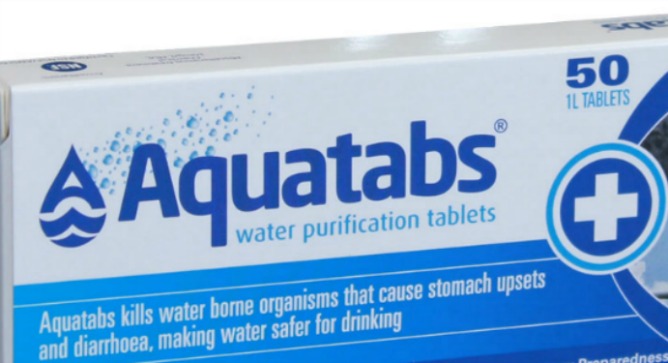Citing humanitarian reasons, the Israeli Finance Ministry recently gave the green light for a subsidiary of Israel Chemicals – which is owned by the Israeli company but is based in Ireland – to sell water purification tablets for distribution in war-torn Syria, even though it is considered an enemy state.
With clean water availability at an all-time low in Syria, the United Nations international aid agency UNICEF has been working to rehabilitate the country’s water sources.
The organization turned to Medentech, Israel Chemicals’ Ireland-based subsidiary, with a request to buy its AquaTabs water purification tablets. But the law prohibiting Israeli companies from selling a product to a hostile state could have sunk the plan.
Finance Minister Yuval Steinitz was called to authorize the deal and did so, noting that the world’s best-selling water purification tablets would not be sold directly to Syria but rather to the UN agency.
Humanitarianism trumps politics
The Israeli law drafted in 1939 forbids Israeli companies from knowingly selling products that will benefit an enemy state. According to a report in Calcalist, the government must authorize all business agreements between Israel and enemy nations.
The Israeli business daily reported that while this is not the first time the government has okayed such a transaction, it is unusual.
But as Israel is known for its humanitarian efforts around the globe, obtaining special authorization and waiving the law for the water purification deal was more a formality than an anomaly.
The AquaTabs are effervescent tablets that kill micro-organisms in water to prevent cholera, typhoid, dysentery and other water-borne diseases. The chlorine pills are considered a better alternative to boiling water to remove contaminants.
“UNICEF is urgently scaling up its emergency response to reach hundreds of thousands of children with child protection, water, sanitation and hygiene, health and nutrition, and education initiatives,” according to a UNICEF statement.
According to the UN about 1.2 million Syrians have been internally displaced within the country, and hundreds of thousands of Syrian refugees have fled to neighboring countries. The UN also estimates that there are another one million Syrians still living in their homes in need of humanitarian aid.












